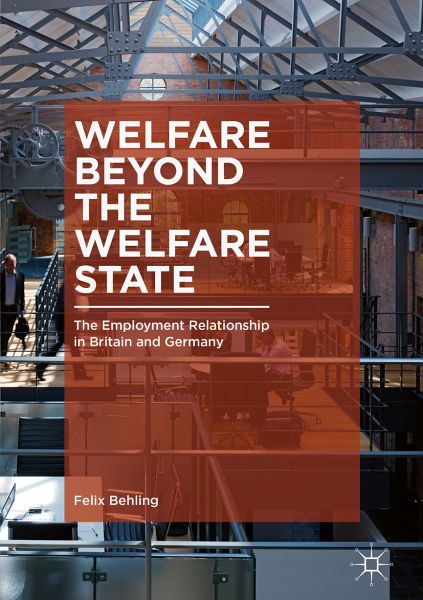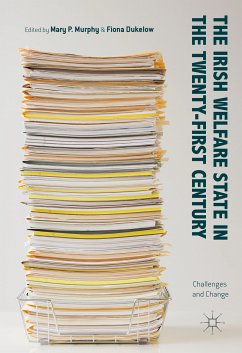
Welfare Beyond the Welfare State (eBook, PDF)
The Employment Relationship in Britain and Germany
Versandkostenfrei!
Sofort per Download lieferbar
72,95 €
inkl. MwSt.
Weitere Ausgaben:

PAYBACK Punkte
36 °P sammeln!
Utilises a comparative approach, taking the current situation in Germany and the UK as two key cases in comparative political economy
Proposes that the study of employment based welfare is placed at the core of analyses of welfare societies
Demonstrates the roles employee welfare can play for companies and workers, and how it has changed throughout modern history
Dieser Download kann aus rechtlichen Gründen nur mit Rechnungsadresse in A, B, BG, CY, CZ, D, DK, EW, E, FIN, F, GR, HR, H, IRL, I, LT, L, LR, M, NL, PL, P, R, S, SLO, SK ausgeliefert werden.












